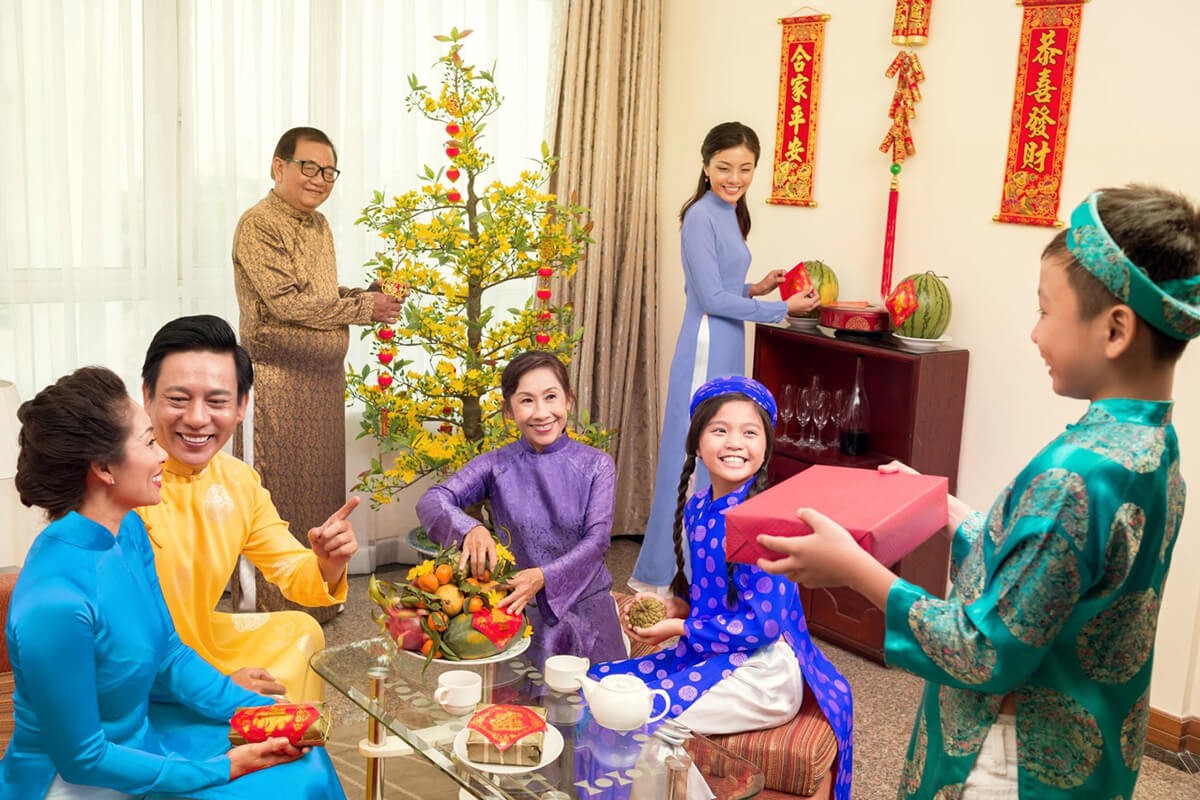5 interesting facts about Vietnamese communication culture.
1. Personal pronouns are very complicated
Personal pronouns in English are very simple; just use “you” and “I” for people of all ages. In contrast, Vietnamese pronouns change depending on the difference between your age and the age of your speaking partner. For example, there are three ways to refer to someone who is older than you. If the person is around the same age as your older sibling, call them “anh” (male) or “chị” (female). If the person is the same age as your parents, aunts or uncles, call males “chú” or “bác”, and call females “cô”, “dì” or “bác”. If the person is your grandparents’ age, call them “ông” (male) or “bà” (female).
On the other hand, there are two ways to refer to people who are younger than you. If the person is around the same age as your younger siblings, call them “em” (both male and female). If the person is the same age as your children, nieces or nephews, call them “cháu” or “con” (both male and female).
Remember to use the correct pronoun to refer to yourself! For example, if you speak with someone who is close in age to your older sibling, refer to yourself as “em”.
Finally, you can use the word “bạn” to refer to someone who is your age, and “tôi” to refer to yourself in the same situation.

(Source: Internet)
2. “Chào” means both “hello” and “goodbye”
“Xin chào” in Vietnamese means “hello” and “chào tạm biệt” means “goodbye”. Vietnamese people shorten these two words into one word: “chào”. So, you can say “chào” to both greet a Vietnamese person, and bid him farewell! To be more polite, add the appropriate pronoun after “chào”. For example, say, “Chào anh! (Hello brother!)” or, “Chào chị! (Hello sister!)”.
3. Taking off your hat makes you more polite and respectful
When conversing with Vietnamese people (especially older people), even very short interactions, such as asking directions, making greetings and asking the time, you should take off your hat before speaking. This helps the listener to clearly see your face and feel respected. And, they will certainly repay your respectfulness with a friendlier conversation!
4. “Dạ”— one of the most important words in Vietnamese
“Dạ” is a very respectful word in the Vietnamese language. It is used to begin every sentence during conversation with an older person. If you forget to say or write “dạ”, you might be considered disrespectful by Vietnamese cultural standards. Every Vietnamese child is taught to say “dạ” as one of their first words.
5. Folding your arms
Additionally, Vietnamese children are taught to fold their arms when greeting someone older than them. Interestingly, some Vietnamese adults still maintain this greeting gesture when they meet older people, especially their previous teachers.





